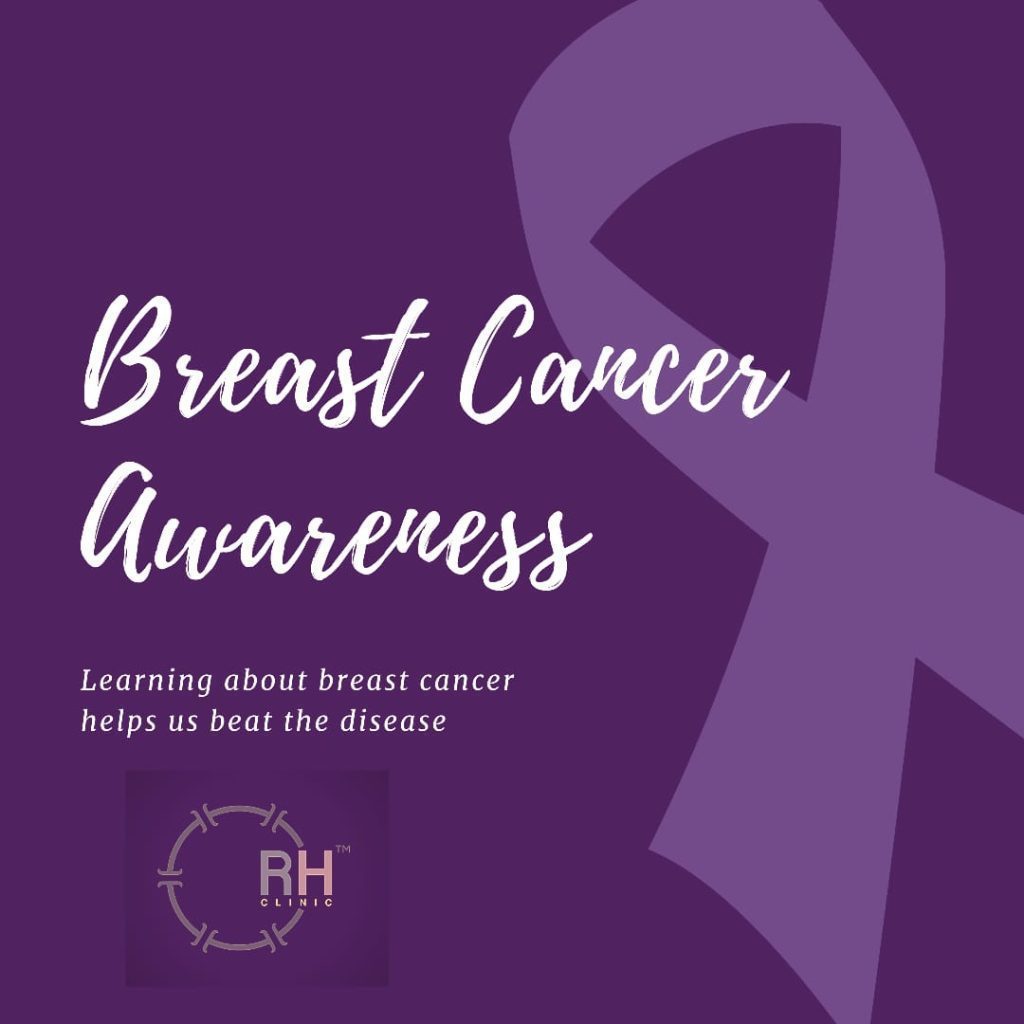While it is essential to detect breast cancer at an early stage, it becomes crucial to do so with the added threat of COVID-19

The ongoing COVID-19 pandemic has relegated all other medical concerns to a lower priority on the public and private healthcare spectrums. The diagnosis and management of breast cancer, which continues to be the most common cancer among women, has been severely impacted due to screenings, diagnostic exams, and surgical procedures being severely restricted or postponed at hospitals and clinics across the country so as to minimise risk of exposure. Patients, on their part, are reporting reluctance and apprehension when undergoing routine procedures such as mammograms. In fact, recent statistics indicate that up to 80 per cent of breast cancer patients have been avoiding hospital visits during and after the lockdown.
Regular self-examination is a must
Early diagnosis is one of the most effective ways to maximise chances of recovery – the five-year survival rate for women with early breast cancer is close to 100 per cent. Further, the earlier the cancer is detected, the more treatment options are available to patients. They can also potentially avoid aggressive treatments such as mastectomy and chemotherapy. Women must self-examine themselves every month for nipple pain or retraction, a lump in the breast or armpits, changes in the shape or size of the breast, dimpling of the skin, or a rash or discharge from the nipple. Although the incidence of breast cancer is relatively lower in men, a monthly self-examination is highly recommended. In case of any anomalies, patients must not hesitate to consult their doctor. Most physicians are offering teleconsultations during the lockdown. In case a hospital visit is required, patients can be rest assured that the necessary precautions are being taken to separate COVID-19 units from others, to minimise the risk of exposure. Even in cases where patients are advised to undergo surgery to remove the tumour, they can be confident that hospitals are following all due precautions in line with international recommendations, to minimise exposure as well as the probability of complications during treatment.
Don’t neglect treatment
Patients who are already undergoing treatment for breast cancer with anti-HER2 agents, which target cancer cells at the cellular level, or endocrine therapy are advised to continue the same during the pandemic as these treatments have not found to have any contraindications. Further, patients with metastatic breast cancer who need chemotherapy should avail the same, with preference given to oral treatments to minimise hospital visits. Many doctors are reducing the dosage of chemotherapy medication to minimise side effects with the aim of optimising efficacy and maintaining a good quality of life.
LocalPress.In spoke with Dr. Rajas Patel, Medical Oncologist & Founder, RH Clinic, Seawoods

“Although there is understandably some apprehension about visiting the hospital for diagnostic tests, patients must realise that in the absence of early detection, there is a high probability of the cancer progressing from an easily treatable stage one phase to a more complex and potentially life-threatening stage three. Many hospitals are reporting such cases.”
“Women above the age of 40 must undergo an annual mammogram, while those with dense breast tissue must also take a high-quality breast ultrasound with their mammogram.”
“Early detection tremendously increases the likelihood of the cancer being successfully treated with breast-saving surgery. It is also important for patients to recognise that being diagnosed with breast cancer does not automatically increase their risk of serious complications if they do get COVID-19. However, certain types of treatment can cause the immune system to become compromised, which makes it vital for patients undergoing treatment to be diligent about taking precautions to minimise risk of exposure.”
“Instead of stopping treatment, patients must consult their doctors to determine a treatment plan, which balances efficacy with their peace of mind.” he concludes.
Connect with Dr. Rajas B Patel, RH Clinic
Mobile Number: 91 89289 75773 | Email: drrajas@rhoncoclinic.com
Address: RH Clinic, Shop. No. 9, New Horizon CHS, Sector 46, Karave Nagar, Seawoods, Navi Mumbai, Maharashtra 400706
Website: https://rhoncoclinic.com/
Last Updated on October 23, 2020 by Staff Reporter



